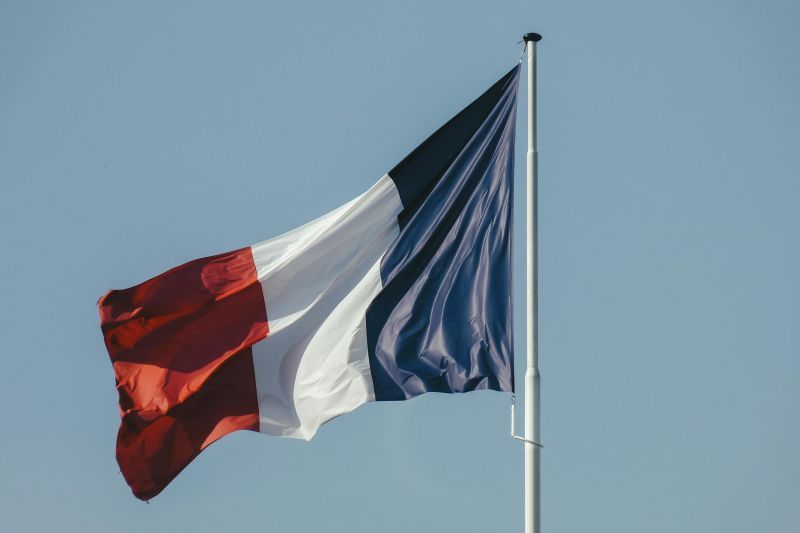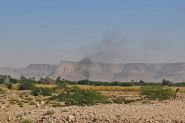- Home
- Middle East
- France and Saudi Arabia to Co-Chair June Conference on Israeli-Palestinian Two-State Solution

In Paris, French Foreign Minister Jean-Noël Barrot is bringing together his counterparts from Egypt, Jordan, and Saudi Arabia to coordinate the June international conference in New York, focused on reviving a two-state solution to the Israeli-Palestinian conflict ©PEXELS
French Foreign Minister Jean-Noël Barrot is hosting on Friday afternoon his counterparts from Saudi Arabia, Jordan, and Egypt to prepare the conference on a so-called "two-state" solution to the Israeli-Palestinian conflict, diplomatic sources said.
“It is a working meeting at 3:30 PM with his Egyptian, Jordanian, and Saudi counterparts,” the source specified, adding that there will be no press briefing afterward.
France will co-chair with Saudi Arabia, from June 17 to 20 in New York, an international conference to revive a peaceful solution to the Israeli-Palestinian conflict known as the "two-state" solution.
France is determined to recognize a State of Palestine, Jean-Noël Barrot declared this week, a decision likely to cause lasting tensions with Israel.
“If we want to be able to talk about a two-state solution, those states that have not recognized Palestine must recognize it, and those that have not recognized Israel must initiate a process of normalization,” said Christophe Lemoine, spokesperson for the French Ministry of Foreign Affairs.
However, he did not specify the actual recognition of Israel by its neighbors, rather referring to "a movement" toward normalization.
“I think there must be a logic of movement. There must be momentum ahead of this June conference,” he said.
When asked on Friday what he meant by "movement," he said that “this rapprochement can be expressed through various gestures: initial contacts, including informal ones, especially with Israeli civil society engaged in support of the two-state solution; recognition of Israel within its internationally recognized 1967 borders; commitments to contribute to the security of Israel and its neighbors.”
“Let’s be clear: one cannot at the same time support the two-state solution and reject Israel’s right to exist,” he emphasized.
“What we see today is that a number of states would be willing if the situation on the ground changed and if the policy of the Israeli government gave a chance to peace,” he explained.
The Israeli military continues its bombings with the stated aim of annihilating Hamas and freeing hostages taken during the unprecedented attack by the Palestinian Islamist movement in Israel on October 7, 2023, which triggered the war.
In 2020, the Abraham Accords, sponsored by Donald Trump during his first term in the White House, led to normalization of relations between Israel and three Arab countries: the United Arab Emirates, Bahrain, and Morocco.
But many Arab countries have so far refused to join this process, particularly Saudi Arabia, as well as Syria and Lebanon, Israel’s neighbors.
Meanwhile, nearly 150 countries recognize the State of Palestine, which holds observer status at the United Nations but not full membership due to the lack of a favorable vote by the Security Council.
In a resolution adopted in December, the UN General Assembly, advocating credible negotiations for the Middle East peace process, decided to convene in June in New York this “high-level international conference for the peaceful settlement of the Palestine question and the implementation of the two-state solution,” entrusting its presidency to Paris and Riyadh.
AFP
Read more



Comments